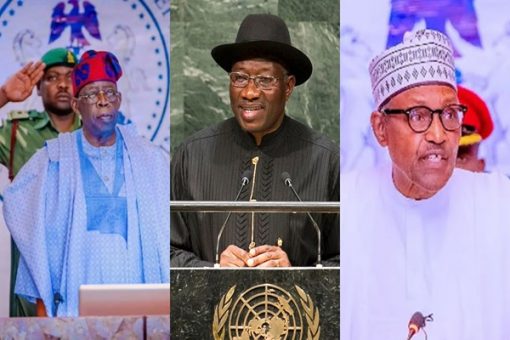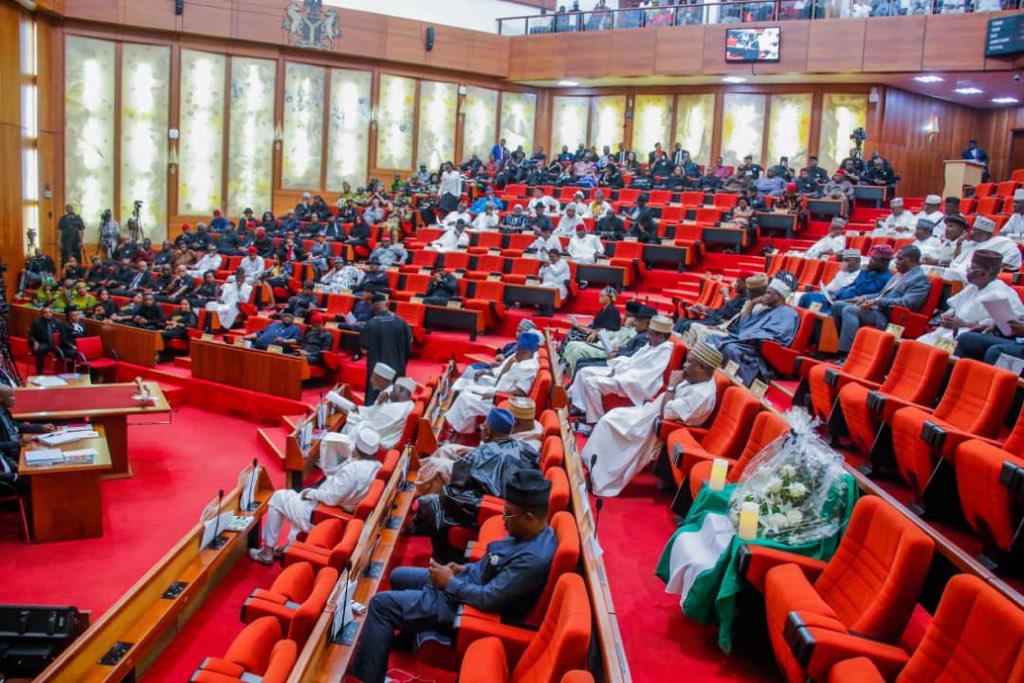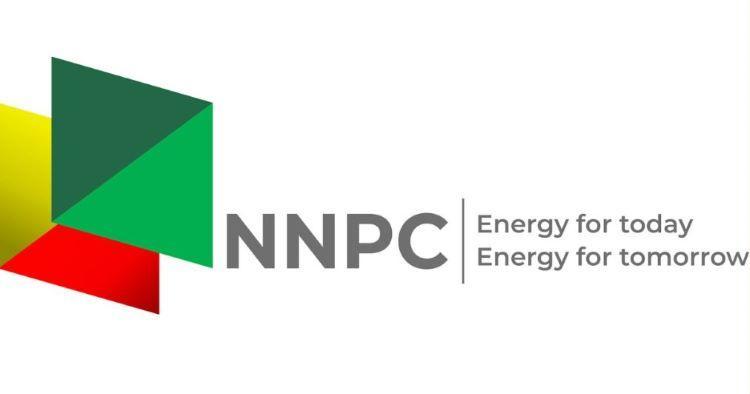President Bola Ahmed Tinubu is currently presiding over the first meeting of the Council of State at the Council Chambers of Aso Rock Villa, Abuja. This meeting marks the inaugural session under Tinubu's administration and is attended by former Presidents Goodluck Jonathan and Muhammadu Buhari, alongside other key national figures.
Former Heads of State, General Yakubu Gowon (retd.) and General Abdulsalami Abubakar (retd.), joined the meeting virtually. The governors of Abia, Adamawa, and Akwa Ibom State are also in attendance. The meeting began at 12:35 pm with an opening ceremony that included the singing of the national anthem and the recitation of the national pledge.
The Council of State meeting comes 18 months after its last session, which was held on February 10, 2023, under former President Buhari, focusing on the 2023 elections, the naira policy crisis, and fuel scarcity.
The current agenda includes seven critical issues, with discussions expected on the nationwide protests, national security, the state of the economy, food security, availability, affordability, and the solid minerals sector. Other key topics include budgeting, planning for sustained development, road infrastructure, and building a strong industrial base.
Ministers relevant to each sector will present on behalf of the President. Among the presenters are the National Security Adviser, Mr. Nuhu Ribadu, who will address the nationwide protests; the Minister of Agriculture and Food Security, Abubakar Kyari, on food availability and affordability; and the Minister of Solid Minerals Development, Mr. Dele Alake, on sectoral gains.
The Council of State is a crucial advisory body in Nigeria's governance, consisting of the President, Vice President, former Presidents and Heads of State, former Chief Justices of Nigeria, and other key officials. Its role is primarily advisory, guiding the executive on policy-making, national security, appointments, and economic policies.




